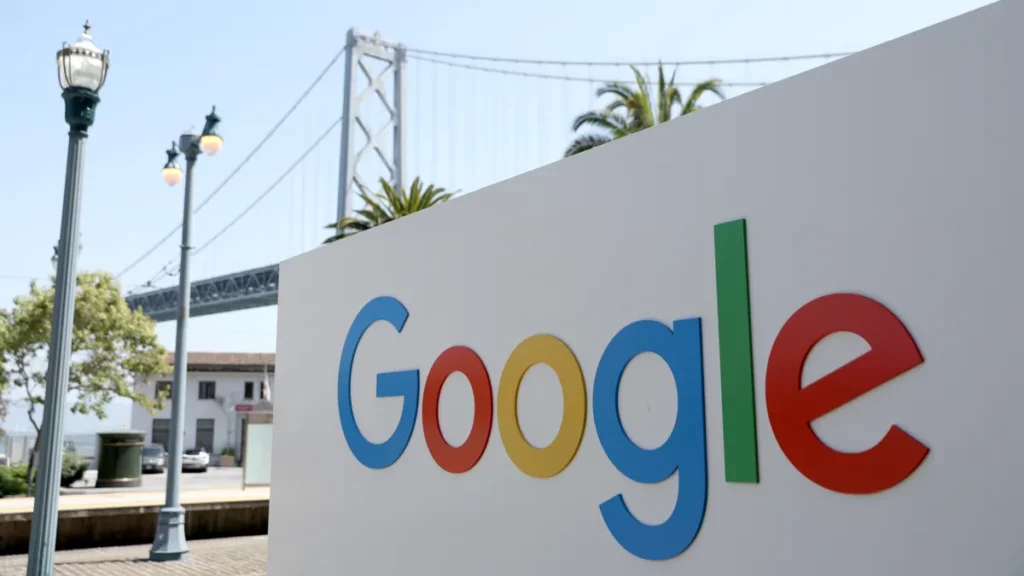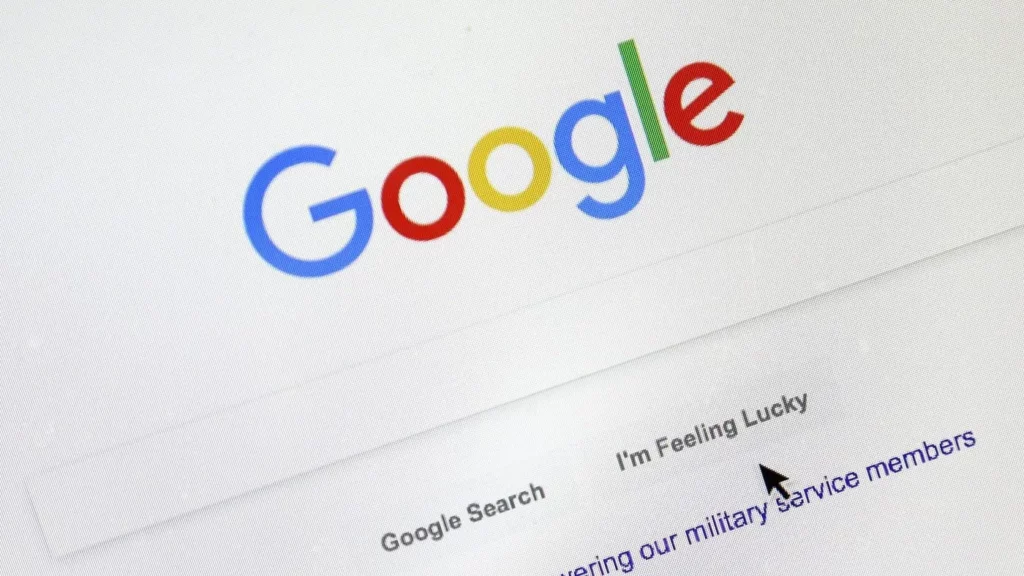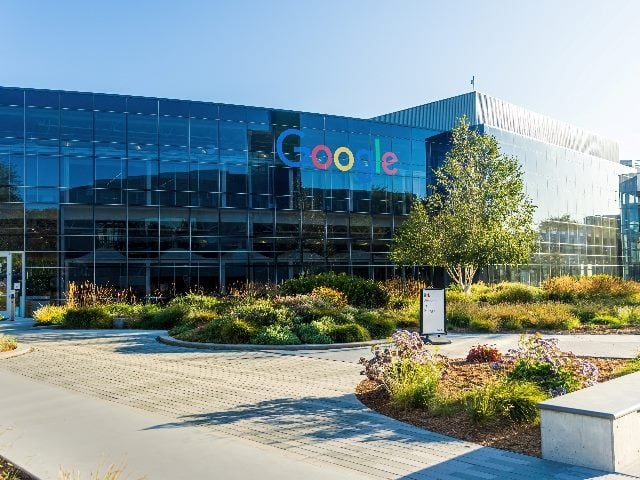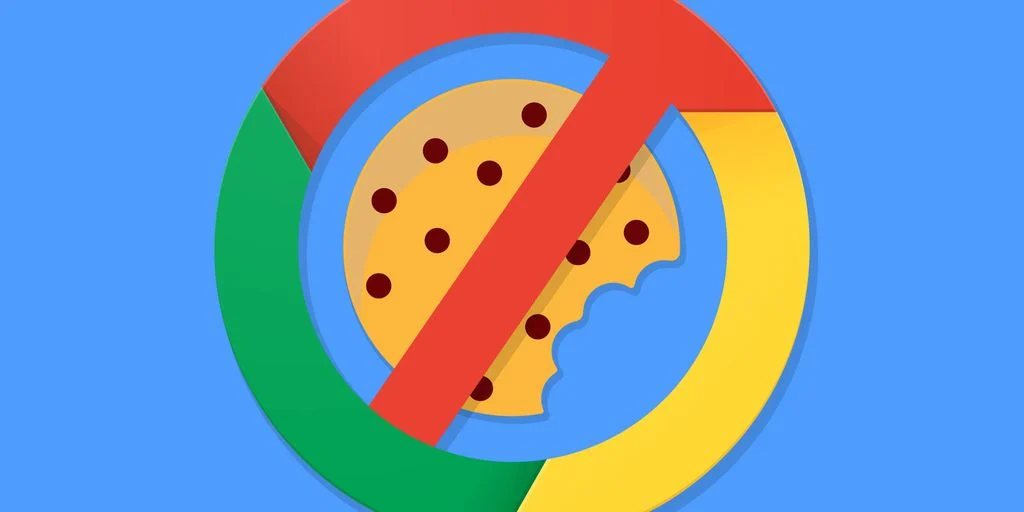Google has shifted its strategy, declaring that instead of deprecating third-party cookies in Chrome, it will pursue a “new path” in terms of online privacy.
The abrupt halt to Google’s ambitions comes after more than four years of promises and delays, as the company’s vision for a cookieless future continues to meet opposition from all corners of the ad world.
Many marketers will welcome the pause in implementation for a technology that has long been a cornerstone of digital marketing, but the decision is likely to shake up the expanding alternative ID field. And, while consumers and authorities have yet to weigh in, the issue may be moot given the continuous expansion of cookieless areas such as connected TV (CTV) and mobile.
READ MORE: Google Plans To Make The Largest Acquisition In Its 25-Year History
“This announcement has created tremors throughout the industry. While it may appear to be a relief for advertisers who rely heavily on cookie-based tracking, the industry’s path toward more privacy and user consent remains unaltered,” said Marçal Serrate, director of data technologies at Azerion, in an emailed statement.

Google did not specify what the new strategy would involve, but stated that it is considering the “new path” with regulators and will engage the industry as it develops. The business will continue to provide and invest in the Privacy Sandbox APIs, its proposed cookie alternative, and plans to provide new privacy features, such as IP Protection in Chrome’s Incognito mode.
“We propose an improved strategy that emphasizes user choice. Instead of deprecating third-party cookies, we would introduce a new experience in Chrome that allows people to make an informed choice that applies across all of their web browsing, and they would be able to change that choice at any time,” Anthony Chavez, vice president of Google’s Privacy Sandbox, wrote in a blog post.
READ MORE: As Of July 2023, Google UA Is Officially Dead
It is unclear whether Google would use an opt-in or opt-out mechanism to move forward with cookies, leaving advertisers further in the dark. In instance, Apple introduced its App Tracking Transparency (ATT) architecture in 2021, requiring consumers to opt in to app tracking.

Since then, customer behavior toward opting in has evolved: According to AppsFlyer data, 50% of users worldwide now opt in to ATT tracking, a 10% increase since its launch. If Google decides to continue using cookies with an opt-out choice, users should expect pop-ups similar to those now in place under the EU’s General Data Protection law law.
“Expect more intrusive EU-style pop-ups on every website you visit. This will be horrible for UX, but it will satisfy authorities on both sides of the Atlantic,” said Rio Longacre, managing director of advertising and marketing transformation at consulting firm Slalom, in an emailed statement.

Google first declared in 2020 that it will discontinue support for cookies, a critical technology in digital advertising, but has since pushed back the deadline many times, most recently in April. Throughout the process, advertisers, publishers, the ad-tech industry, trade bodies, and, perhaps most importantly, regulators such as the United Kingdom’s Competition and Markets Authority (CMA) and Information Commissioner’s Office (ICO) expressed concerns about how the removal of third-party cookies would disrupt the digital advertising industry and give Google too much control. The significant backlash renders Google’s latest decision more of a modest surprise than a major shock.
READ MORE: The Rise Of Connected TV And Google TV’s New Advertising Opportunities
“I don’t see it as an announcement that significantly changes things,” said Loch Rose, Epsilon’s chief analytics officer, in an emailed statement. “The expected outcome is essentially the same — the only difference is more users may now wind up choosing to retain [third-party cookies] than if Google imposed the change, so just another step on the journey really.”
The voyage to a cookie-free future is expected to continue, especially since the advertising sector has invested countless hours and money in privacy solutions despite Google’s earlier delays. Furthermore, the ongoing development of cookieless channels such as CTV has made a post-cookie environment an unavoidable element of advertising, regardless of Google’s intentions.
“A lot of the good work that was done to prepare for the cookieless future will continue to apply to omnichannel advertising,” said Grant Parker, head of Mediaocean’s Flashtalking customization platform, in emailed comments. “And with the continuing development of privacy regulations, it will still be imperative to be mindful of consumer choice and consent.”

Much of the work has been done by vendors to create alternative IDs that enable for tracking or targeting in privacy-preserving ways. Google’s decision is likely to expedite the weeding process in a market where a few strong players have already emerged.
“With the exception of a few major identity spines, they are most likely all toast in the coming year. Longacre of Slalom predicted that the walled garden IDs, together with The Trade Desk’s UID2 and LiveRamp’s RampID, would be the only ones remaining.
AI, regulation remains in play.
While the discovery may result in a reckoning for alternate ID vendors, not all ad-tech companies are created equal. Those providing cookie-based solutions to advertisers may see a new light, particularly when adding the most popular technology of the moment, artificial intelligence (AI).
READ MORE: Google Declined To Comment On A Possibly Huge Leak Of Their Search Algorithm Documentation
“Over the next few months, I expect to see an influx of new advertising solutions that utilize AI to analyze cookie-based data to better target customers,” said Eli Goodman, CEO of Datos, a Semrush business that provides clickstream data, in an emailed response.

Meanwhile, potential regulatory and legislative action continue to loom over Google’s actions and the future of online advertising. While privacy legislation in the shape of the American Privacy Rights Act is unlikely to be voted on by Congress, the Supreme Court’s recent Chevron decision complicates any control of internet privacy.
While advertisers await Google’s intentions for a new road forward, they will most likely continue to strive to solve signal loss, which is already harming consumer tracking and ad targeting. According to Andrew Richardson, senior vice president of advanced analytics and measurement at digital marketing agency New Engen, more than half of US customers use a mobile web browser that disables cookies, while more than 30% use ad blockers.
“Brands and agencies may be comforted by this news, but they should not relax their vigilance. Even without this development, signals are already deteriorating,” Richardson said in an emailed statement. “As an industry, we need to prioritize consumer privacy and adapt to a world without cookies rather than trying to circumvent the inevitable decline of these signals.”
Radiant TV, offering to elevate your entertainment game! Movies, TV series, exclusive interviews, music, and more—download now on various devices, including iPhones, Androids, smart TVs, Apple TV, Fire Stick, and more.


